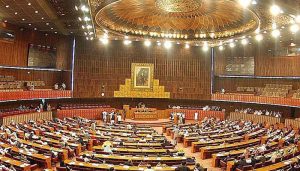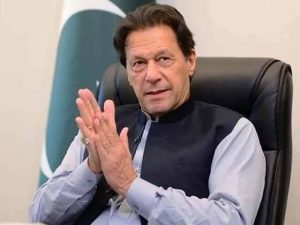Electricity Bills in Pakistan Now Exceed Household Rents: Bloomberg Report
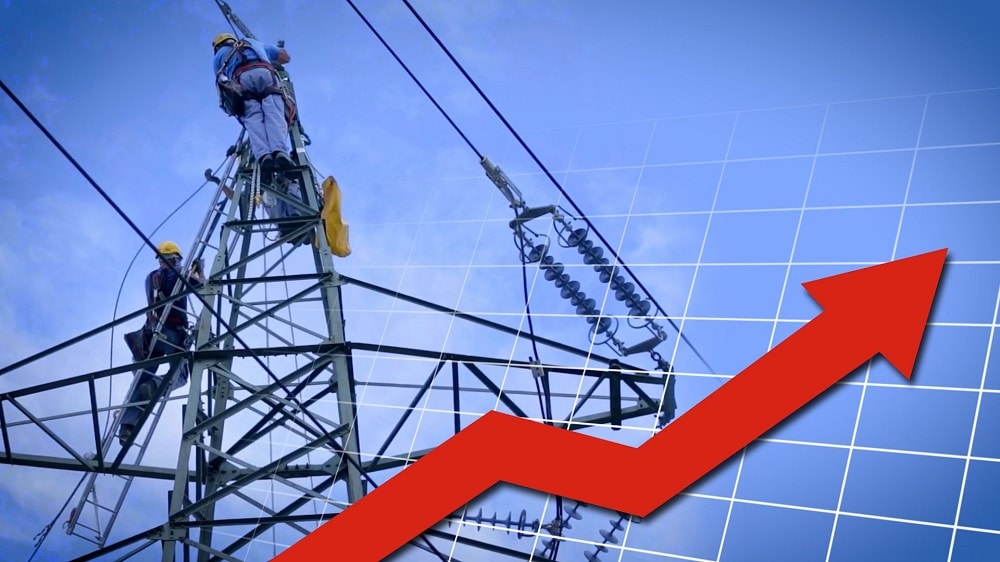
Electricity Bills
Electricity bills in Pakistan have surpassed household rents, with a 155% increase since 2021, driven by IMF-linked price hikes, according to Bloomberg.
According to Bloomberg, Pakistanis are spending more on electricity bills than on household rents, as electricity prices surged by 18% in July. The economic journal highlights that the rise in electricity bills is linked to the IMF program, with Pakistan seeking a $7 billion loan package. Since 2021, electricity Bills costs in Pakistan have increased by 155%, causing significant distress for the public. Bloomberg also reports that Pakistan’s inflation rate is the highest among Asian countries, currently at 12%. Meanwhile, the use of solar energy in the country is on the rise as a potential solution.
Electricity Price Hikes Add Further Burden on Pakistan’s Households Amid IMF Deal
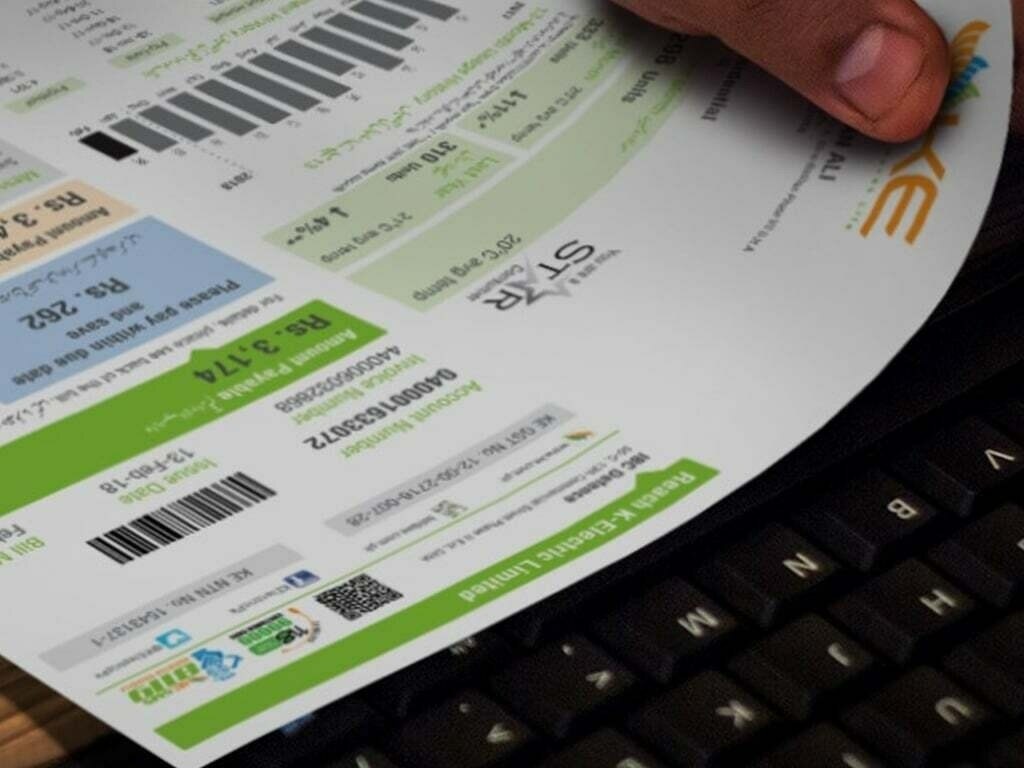
In Pakistan, electricity bills have significantly risen once again, with a tariff hike of up to Rs. 7.12 per unit for domestic consumers. This announcement came just two days after Pakistan finalized a $7 billion staff-level agreement with the IMF, aimed at stabilizing the economy and reducing inflation. According to the notification issued by the Power Division on July 14, the base electricity tariff for households has now reached Rs. 48.84 per unit.
For those consuming 201 to 300 units monthly, the tariff has increased by Rs. 7.12 per unit, bringing the total to Rs. 34.26 per unit. Consumers using between 301 and 400 units will now pay Rs. 39.15 per unit. However, households using less than 200 units monthly will be exempt from this hike for the next three months.
Over the years, electricity prices in Pakistan have nearly doubled, severely impacting household budgets. Economist and advisor to the Khyber government, Muzammil Aslam, stated that the government is currently providing subsidies of Rs. 1,400 to 1,500 billion, while also paying Rs. 400 to 500 billion annually in circular debt. He highlighted that high capacity payments, excessive taxes, and electricity theft are key factors driving up electricity costs.
Despite the government’s claims of economic reforms, the common public will face the brunt of the price hikes. Economic journalist Shehbaz Rana explained that the base tariff has doubled over the past two years. For instance, in 2023 alone, electricity prices have increased by Rs. 12 per unit.
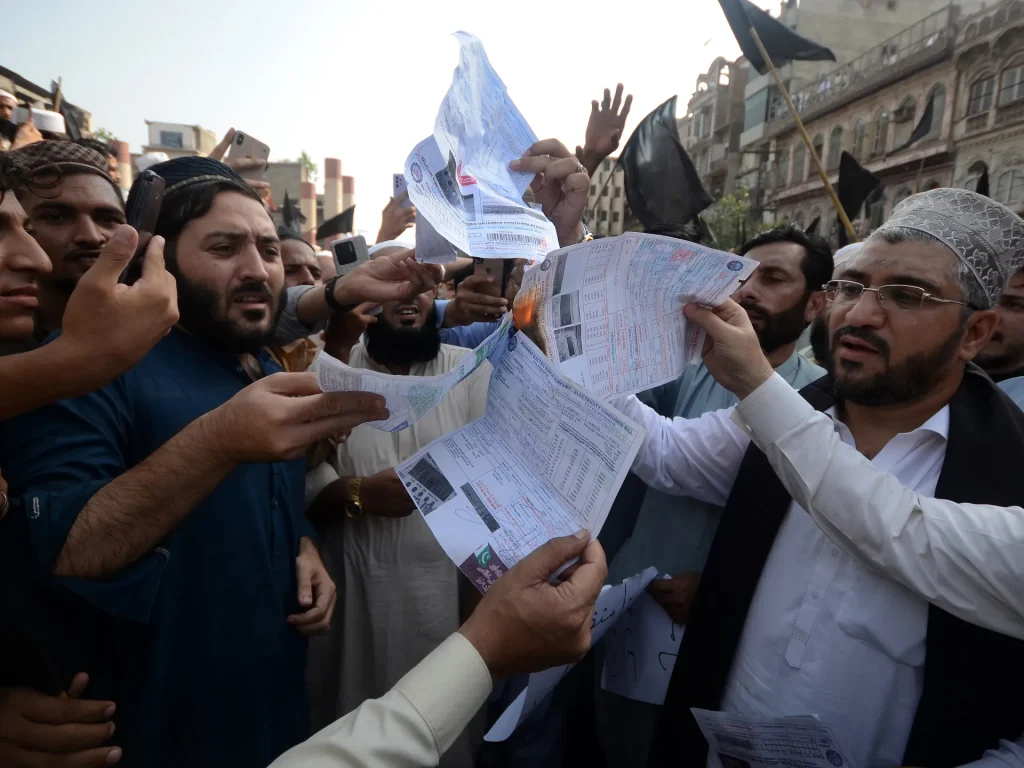
While Prime Minister Shehbaz Sharif has announced relief for the poorest consumers using 100 to 200 units, this exemption is only for three months, after which the price hike will take effect from October 1. For those consuming more than 200 units, the increased rates will apply from July 1, adding an additional burden of Rs. 580 billion on both commercial and residential consumers.
Muzammil Aslam warned that this will further increase poverty, as rising electricity costs will push up the prices of goods and services across sectors, including groceries, bakeries, and manufacturing. Simultaneously, consumers’ purchasing power will decline, making it harder to sell these more expensive products.





